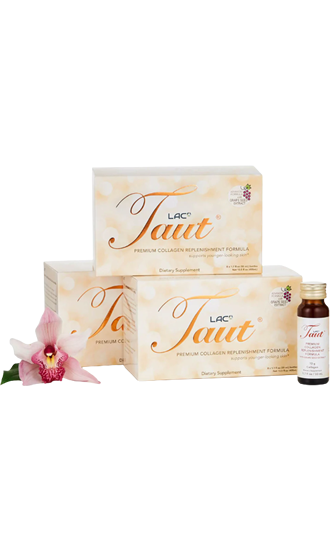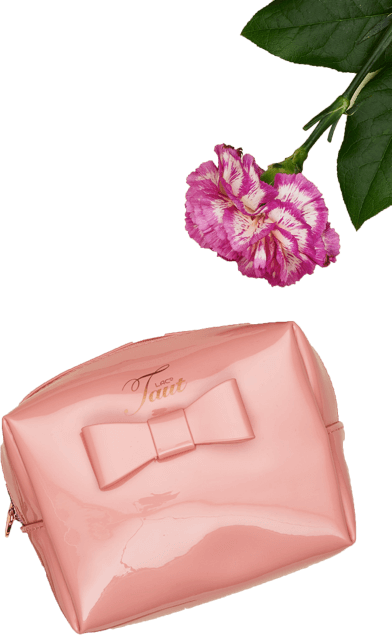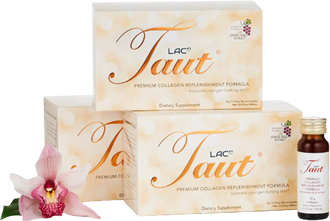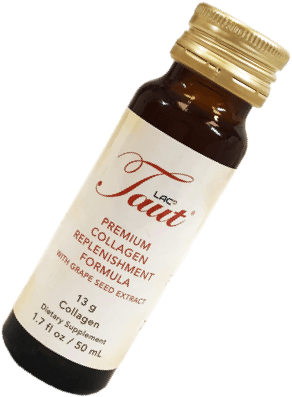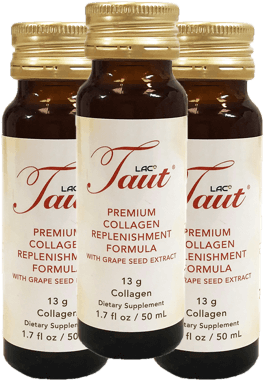Eczema Relief: Effective Treatments | RenewSkin Co
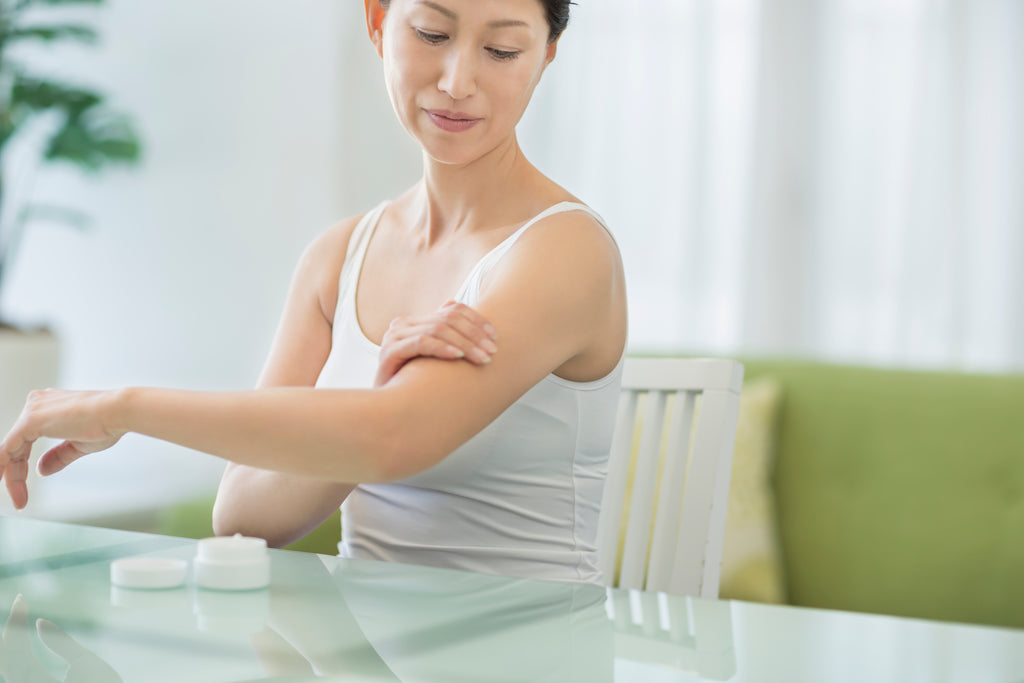
When it comes to your skin, there's nothing more uncomfortable than the dry, itchy, burning sensation that comes with having eczema. Whether you're trying to concentrate on work, spend time with your family, or simply relax and enjoy yourself, eczema is always an unwanted distraction.
Unfortunately, eczema is a very common and also incurable condition. According to the American Academy of Dermatology, atopic dermatitis (the main type of eczema) affects 1 in 10 people in the U.S., and $442 million is spent in a year to treat it. 1
But before you abandon all hope for your inflamed, itchy skin, there are many home remedies and inexpensive treatments that can help you manage your symptoms and relieve the most uncomfortable sensations associated with eczema.
With the following treatments and some serious skincare from RenewSkin Inc., you'll be able to manage your condition and get back to enjoying your day-to-day life!
What Is Atopic Dermatitis (Eczema)?
Atopic dermatitis is the main type of eczema. It is a skin condition that causes irritation, dryness, redness, and itching. Atopic dermatitis can also cause your skin to become rough, scaly, and flaky.
Dermatitis is a catch-all term that defines skin irritation, and what we most commonly call 'eczema' is a form of dermatitis known as atopic dermatitis. The term 'atopic' refers to an immune-related response, which can also be used when describing hayfever or asthma.
Other types of eczema include contact dermatitis, which is a skin irritation caused by direct contact with an allergen; hand eczema, which affects only your hands; and dyshidrotic eczema, which refers specifically to irritation and blisters that affect the palms of your hands and the soles of your feet.
Eczema is a skin condition that relates to our immune system, and its symptoms are an inflammatory response to certain triggers in the environment. Eczema usually begins in early childhood, but the symptoms can carry into your adult years.
Unfortunately, there is no cure for atopic dermatitis or any form of eczema, only treatments that can tackle the symptoms. For some, the symptoms may disappear with age. For others, it is a long-term, even chronic, health condition.
More helpful: skin types
What Are The Signs and Symptoms?
Of course, not all skin irritation is caused by atopic dermatitis or eczema. Eczema symptoms vary from person to person, and there are also different types of eczema that may cause varying symptoms. However, there are a few main signs and symptoms that characterize your condition as eczema.
Let's take a closer look at identifying the specific symptoms associated with atopic dermatitis (eczema):
Itching
The main and most uncomfortable symptom of atopic dermatitis and all types of eczema is itching. Itchy rashes can appear anywhere on the body, but these differ a little depending on your age.
For babies, look out for a rash on their cheeks and scalp. This rash may be bumpy and leak fluid. If your baby has trouble sleeping and seems uncomfortable and itchy, eczema is a strong possibility that you should speak about with your family doctor.
In young children, look out for rashes that appear on the creases of their elbows, knees, neck, ankles, or wrists. These rashes are usually quite bumpy, and your child may have some patches of thicker skin on their body too.
In adults, eczema-related rashes are usually more permanently itchy, and they can appear anywhere on the body.
More helpful reading by RenewSkin Inc.: Baby skin care
Dry & Scaly Skin
Severely dry skin and scaly rashes are most common in adults who suffer from atopic dermatitis and eczema, although children with eczema may also experience dryness.
You will find that your skin is dry and easily irritated, and this can be over your whole body or it could be concentrated on your hands.
People with atopic dermatitis tend to have a weakened skin barrier, which allows moisture to escape and bacteria to get in. This causes your skin to become chapped and scaly, and it can leave you prone to skin infections.
More helpful reading: Dry skin remedies
Redness & Discoloration
Because eczema is characterized as inflammation of the skin in reaction to a trigger or allergen, redness is an unsurprising yet unwelcome symptom. Patches of your skin may also become darker or lighter, with brown or grey discoloration showing up wherever inflammation or a rash is present.
More helpful reading by RenewSkin Inc.: Best skin care products for redness
Blisters
In severe cases of atopic dermatitis (eczema), your skin may begin to form blisters or sores. Rashes may ooze or form crusts, and these areas of skin can swell. Scratching and causing the skin to break may also lead to skin infections, which in turn can worsen the severity of blisters.
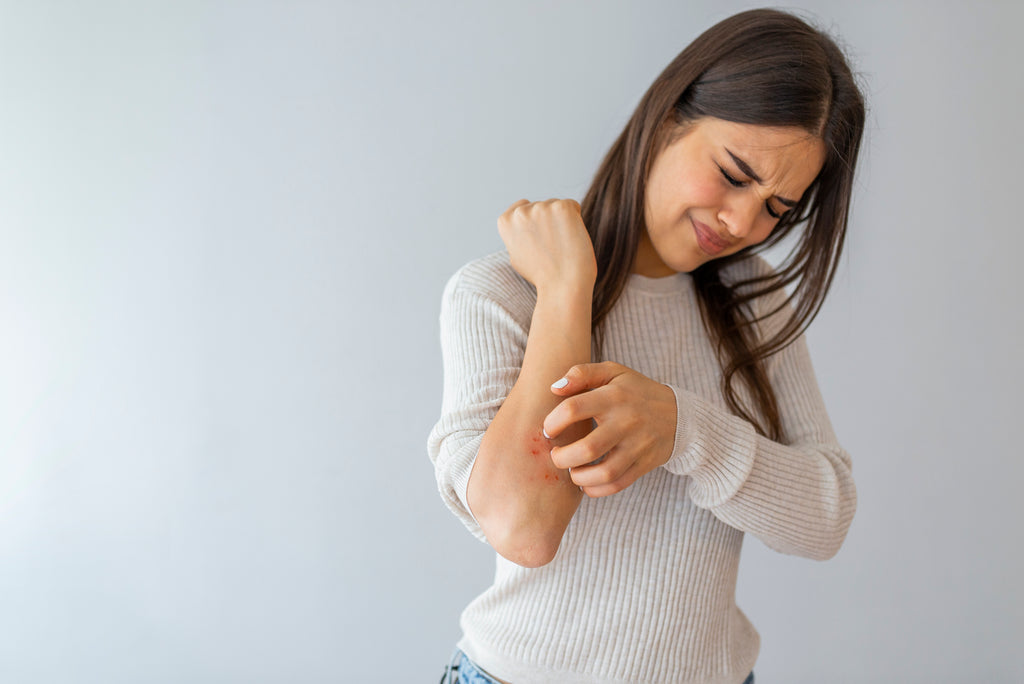
Managing & Treating Eczema
Sadly, there is no cure for eczema. If you're lucky, it may go away with time, but it could also persist as a long-term condition.
No matter the severity of your symptoms, there are steps you can take every day to reduce your discomfort and continue living a normal life. Here are some tips and treatments to help you to control, manage, and treat atopic dermatitis and eczema:
More helpful reading: What are ceramides?
1. Know Your Triggers
According to the American Academy of Dermatology, one of the best ways to manage atopic dermatitis (eczema) is to prevent it before it gets too much to handle. 2
Certain lifestyle factors can make your eczema symptoms go into overdrive, and while these triggers differ among eczema patients, there are a few common denominators you need to be aware of:
Extreme Temperatures
Extreme temperatures like hot and cold weather, indoor heating, and excessive air conditioning can dry out your skin and leave you prone to rashes and itching. Avoid harsh temperatures wherever possible and use a humidifier in winter to counteract the drying effects of indoor heating.
More helpful reeading: how to prevent mask acne
Stress
Stress is another factor that often contributes to atopic dermatitis flaring up. This is thanks to cortisol, the stress hormone that causes inflammation throughout the body. When you're stressed and your cortisol levels spike, you might experience digestive issues, headaches, and (you guessed it) skin inflammation.
That's why a healthy and happy lifestyle really is important to healthy skin. Try to reduce cortisol and boost your happy hormones with some regular exercise, mindfulness, time with friends, and self-care.
Skincare Products
Harsh skin care products, soaps, and over-exfoliation can also leave your skin prone to flare-ups of atopic dermatitis, contact dermatitis, hand eczema, and other forms of eczema.
More helpful reading: Benefits of coconut oil on skin
Diet
Your diet will also impact your skin health, and certain foods can make your skin itch. Many people find that foods like milk, eggs, fish, soy, or nuts are eczema triggers, although these are not the same for everyone.
So according to the American Academy of Dermatology, by managing these common triggers and taking note of any others that may be linked to your eczema flare-ups, you can go a long way in preventing painful, itching skin!
2. Don't Scratch
We know it's hard but, no matter how bad the itch is, try not to scratch it! When you scratch an itch on your skin, you are breaking it open and creating the risk of infection and further irritation.
If you are trying to treat eczema for your child, you can help prevent scratching and the risk that comes with it by keeping their nails short. This will help to make sure that any scratching your children may do will not break the skin and leave it open to infection.
3. Keep Your Shower Cool & Short
When it comes to bathing, make sure you use lukewarm water. If your bath or shower is too hot, you will dry out your skin and aggravate your eczema symptoms.
Bathing for too long will also dry out your skin, regardless of the water temperature. So keep your time in the shower down to 5 or 10 minutes!
After showering or bathing, avoid rubbing the skin too roughly with your towel. Instead, pat your skin dry to gently dab away excess moisture without irritating your skin.
4. Use Clean & Natural Skincare Products
While we're talking about bathing, you should pay attention to the products you use to clean your skin. Ingredients like soaps, detergents, fragrances, and dyes can irritate eczema-prone skin and aggravate your symptoms. These are skin care ingredients to avoid at any given time, but most especially when you suffer from atopic dermatitis.
It is also common to find alcohol in skin care products, especially given the abundance of hand sanitizers we all carry in our purses these days thanks to Covid-19. However, people with eczema should watch out for alcohol denat (ethanol) and aromatic alcohols (benzyl alcohol) in particular, as these can irritate sensitive skin and worsen your symptoms.
Hand eczema, in particular, will be aggravated by excessive use of soaps and alcohol-gels associated with reducing the risk of Covid-19. Try to find hypoallergenic, fragrance-free cleansers (no soaps) and sanitizers, and carry a tube of moisturizer with you to regularly rehydrate your hands.
People with atopic dermatitis should opt for fragrance-free, soap-free, and natural cleansing products.
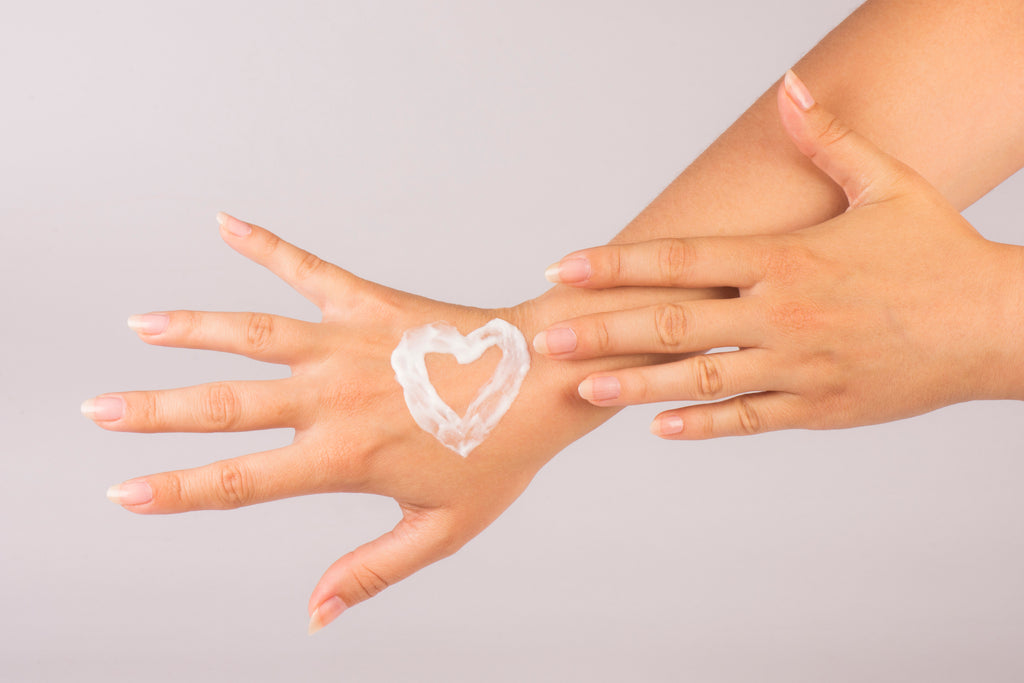
5. Use Natural Remedies
When it comes to treating atopic dermatitis or contact dermatitis, there are plenty of home remedies that involve raiding your kitchen pantry! You can try some of these natural solutions to help alleviate your symptoms:
- Oatmeal – they're not just for breakfast, oats can also have a soothing and hydrating effect on your skin. To make an oatmeal treatment to relieve your itch, blend 1 cup of oats into a fine powder and add this into your lukewarm bath, then soak for 15 minutes while rubbing the oaty goodness into your skin.
- Baking Soda – this has a similar soothing effect to oats, which can be helpful if your skin is particularly itchy. Simply add 3 or 4 tablespoons to your lukewarm bath, or you can make a paste treatment by mixing baking soda with a little water and applying it directly to your skin.
- Apple Cider Vinegar – this miracle ingredient has soothing properties as well as antimicrobial effects, so it's great for aggravated and inflamed skin. Simply add a cup to your bath to feel its benefits!
- Coconut Oil – to lock moisture into your skin, you can rub some unrefined coconut oil into your skin while it's still damp after your bath.
More helpful reading: Is oat milk good for you?
6. Hydrate Your Skin
Because one of the main symptoms of eczema and atopic dermatitis is severely dry skin, keeping your skin hydrated is key.
Apply a thick layer of moisturizer twice a day, ideally within the first 3 minutes after a shower or bath while your skin is still damp. Look out for hydrating, soothing moisturizing treatments with ingredients like hyaluronic acid, ceramide, honey, and aloe vera, as these are humectants that can attract and retain water in your skin - great attributes to look for in skincare products for eczema.
Of course, not all moisturizers are created equal. If you're not sure what to get, you can look for a moisturizer with the seal of acceptance from the National Eczema Association. The National Eczema Association is a community that offers health advice and treatment for people with atopic dermatitis and eczema. 3
You should also get to know the types of moisturizers out there:
- Ointments – these include mineral oils and petroleum jelly, and they are often the best and most cost-effective treatment for eczema-prone skin.
- Creams – these also have a high oil content and can be good for sealing in moisture.
- Lotions – these are more watery and have the lowest oil content, meaning that they will evaporate quite quickly. Lotions are not the best option for severely dry, eczema-prone skin.
- Barrier Repair Creams – these treatments contain lipids and ceramides, and they can help repair your skin barrier to keep moisture in and keep infections out. These are excellent for treating atopic dermatitis, and you can find these over-the-counter or your doctor may prescribe one to you.
More helpful reading: Dry scalp treatment
Hydrate From The Inside Out
Taut Hydrate is a hyaluronic acid supplement with grape seed extract that can help restore your skin's natural moisture content from within.
Hyaluronic acid is not just a humectant that hydrates your skin, it is also a nourishing agent that keeps your skin soft and pliable while also strengthening the dermis. Replenishing your levels of this soothing and hydrating acid helps combat moisture loss, repair your skin barrier, and keep your skin full, plump, and radiant.
Taut Hydrate is a daily supplement that replenishes your hyaluronic acid from the inside out, working as the perfect complement to your topical skincare routine to supercharge your skin's moisture content.
More helpful reading:
https://www.renewskinco.com/blogs/i/how-to-use-hyaluronic-acid
7. Try A Collagen Supplement
Collagen is the protein that makes up the structure of your skin, and it is essential for your skin's natural healing process.
There are specialized cells in your dermis called fibroblasts, and these are the cells that make collagen. Fibroblasts are activated whenever you have a wound that requires healing, and they produce extra collagen to help new skin form and heal damage rapidly. This collagen boost can also help minimize dry, scaly skin for a noticeably smoother, more supple texture.
Supplements are a way to trigger your fibroblasts to make more collagen, without any wounds to heal. When it comes to treating eczema, this can be really useful!
According to a 2017 study, supplementing with collagen can help inhibit allergic inflammation of the skin and thus relieve some of the symptoms of atopic dermatitis (eczema). Participants of the study who supplemented with collagen experienced reduced dryness and inflammation over the course of 12 weeks. 4
Collagen supplements can also be helpful in preventing atopic dermatitis and eczema flare-ups, as collagen hydrates and strengthens skin while also reducing inflammation.
Why Choose Taut?
Every bottle of Taut Premium Collagen Drink provides a potent dose (13,000 mg) of hydrolyzed marine collagen peptides, which work immediately to kick your fibroblasts into high gear.
Our formula also contains a winning combination of hyaluronic acid, elastin peptides, grape seed extract, ceramide, vitamins C and B6 to deliver maximum skin rejuvenation, offering the perfect balance of hydrating, soothing, and protecting ingredients to help relieve dry, itchy skin and eczema.
By drinking one bottle per day over the course of three weeks, you can improve your skin's natural barrier, locking moisture in and keeping bacteria out. You'll also benefit from the skin-plumping, anti-aging effects of collagen for your skin, too!
More helpful reading:
https://www.renewskinco.com/blogs/i/7-tips-for-buying-the-best-collagen-supplement
8. Eat A Healthy Diet
The foods you eat have an impact on your skin, and this is certainly true when it comes to preventing eczema and atopic dermatitis episodes.
Fermented foods like miso, kimchi, sauerkraut are some of the best foods for skin because they contribute to the growth of healthy bacteria in your gut, and their probiotic effects are especially important to maintaining a healthy skin barrier and immune system.
Antioxidants can also support your immune system and reduce inflammation throughout the body, which in turn reduces the risk of eczema's nasty rashes and swelling. Eat plenty of foods rich in antioxidants like colorful veggies, fruits, and beans to keep your skin in tip-top condition.
More helpful reading: Anti aging food
9. Dress Comfortably
Dress yourself and your children in airy soft cotton fabrics where possible to keep skin calm. Avoid tight, scratchy clothing at all costs!
Many people with eczema find that wool and polyester can trigger their symptoms, so check your clothing labels and keep an eye on which items of clothing might trigger unwanted symptoms.
10. Prescription Medications
A trip to your doctor will help you control your symptoms and identify the best eczema treatments for your needs. Whatever the severity of your symptoms, your doctor will be able to give medical advice and recommend the best treatments and medications for you.
One of these treatments that your doctor may recommend is topical calcineurin inhibitors. These are immunosuppressive eczema treatments that help reduce inflammation, itching, and bacteria for children and adult patients alike. 5
Your doctor may prescribe antihistamines to calm inflammation and relieve itching, although one of the side effects of antihistamines is that they may cause drowsiness. 6
11. Wet Wrap Therapy
Even if you moisturize your skin with a cream or ointment twice a day, you may still need more hydration.
According to the National Eczema Association, wet wrap therapy can be used to lock in moisture and provide some relief for severe eczema cases. This treatment uses fabric wraps and gauze to make your moisturizers and medications work more effectively. 7
To try this self-care treatment at home, shower, pat skin dry, moisturize your skin, and apply your medicated creams and ointments. After this, soak a cotton wrap (this can be an old t-shirt) in lukewarm water and wrap around the affected areas. Then wrap the area again with a dry layer of cotton.
Finally, put on your clothing as normal and let the dressing sit for a few hours or overnight.
Of course, if your eczema is very severe, seek medical advice from your doctor who will be able to advise the best treatments and medications for you. Your doctor will be able to offer the most relevant and up-to-date health information.
Strengthen & Protect Your Skin With Taut
Want to find out for yourself if a collagen supplement can improve your skin health and reduce the signs and symptoms of eczema?
To get the best results for your skin, we recommend you try our Intense Transformation Program which offers a 24-day supply of our signature collagen drink in a discounted package.
Research is beginning to show that collagen peptides can have a positive effect on people with atopic dermatitis and eczema, and if you want to try it out, the best way to maximize our supplement's efficacy is to take one bottle daily for three weeks. A daily dose of marine collagen peptides, hyaluronic acid, and antioxidants will provide your skin with triple-action support to repair, hydrate, and protect.
Start today to strengthen and protect your skin against eczema and atopic dermatitis, and you'll soon feel the benefits of a plumper, more radiant complexion!
Still deciding? Read our reviews and see some 'before and after' photos here!
References:
- https://www.aad.org/media/stats-numbers
- https://www.aad.org/public/diseases/eczema/types/atopic-dermatitis
- https://nationaleczema.org/
- https://pubmed.ncbi.nlm.nih.gov/29017796/
- https://www.aad.org/public/diseases/eczema/childhood/treating/topical-calcineurin-inhibitors
- https://www.nhs.uk/conditions/atopic-eczema/treatment/
- https://nationaleczema.org/eczema/treatment/wet-wrap-therapy/





